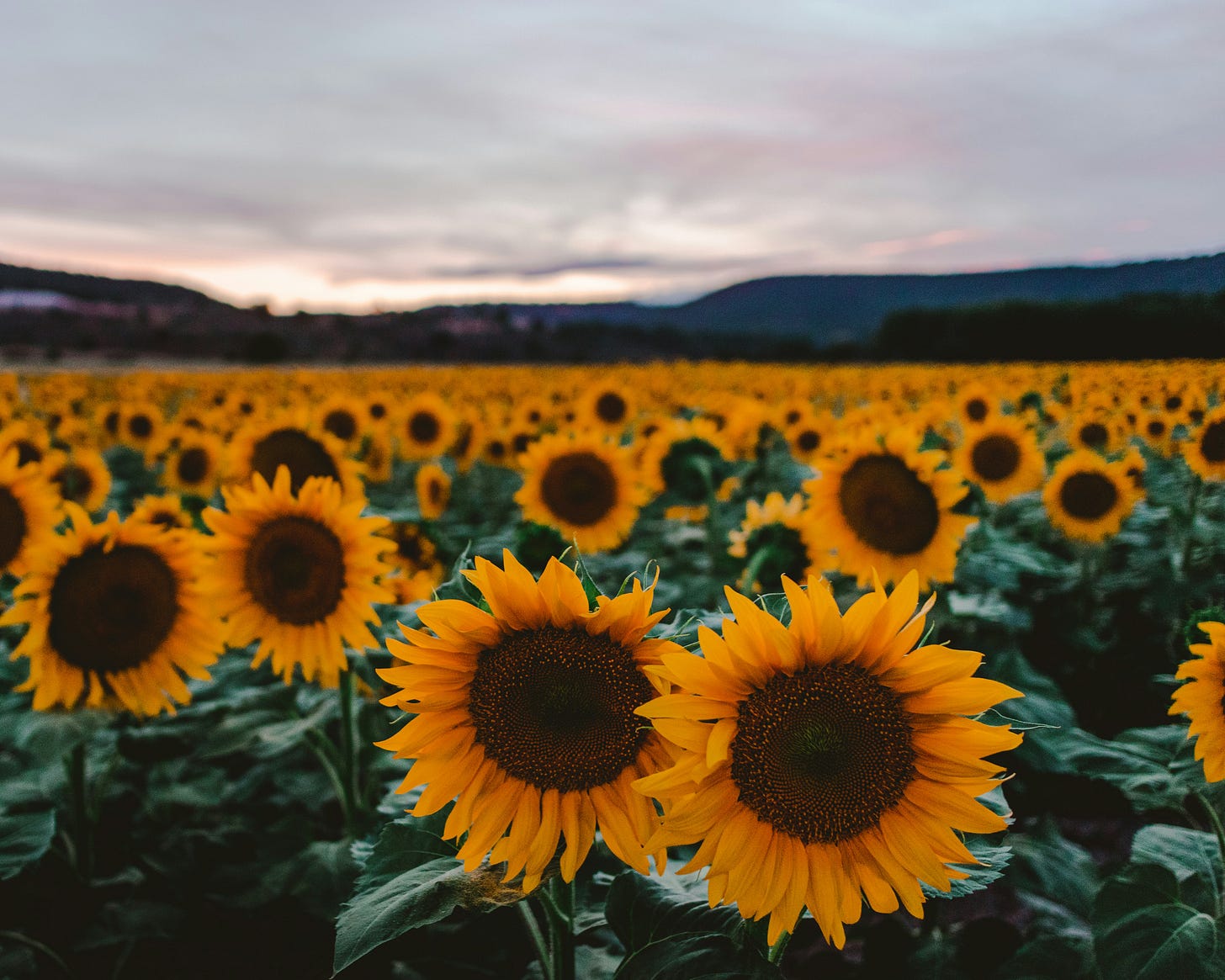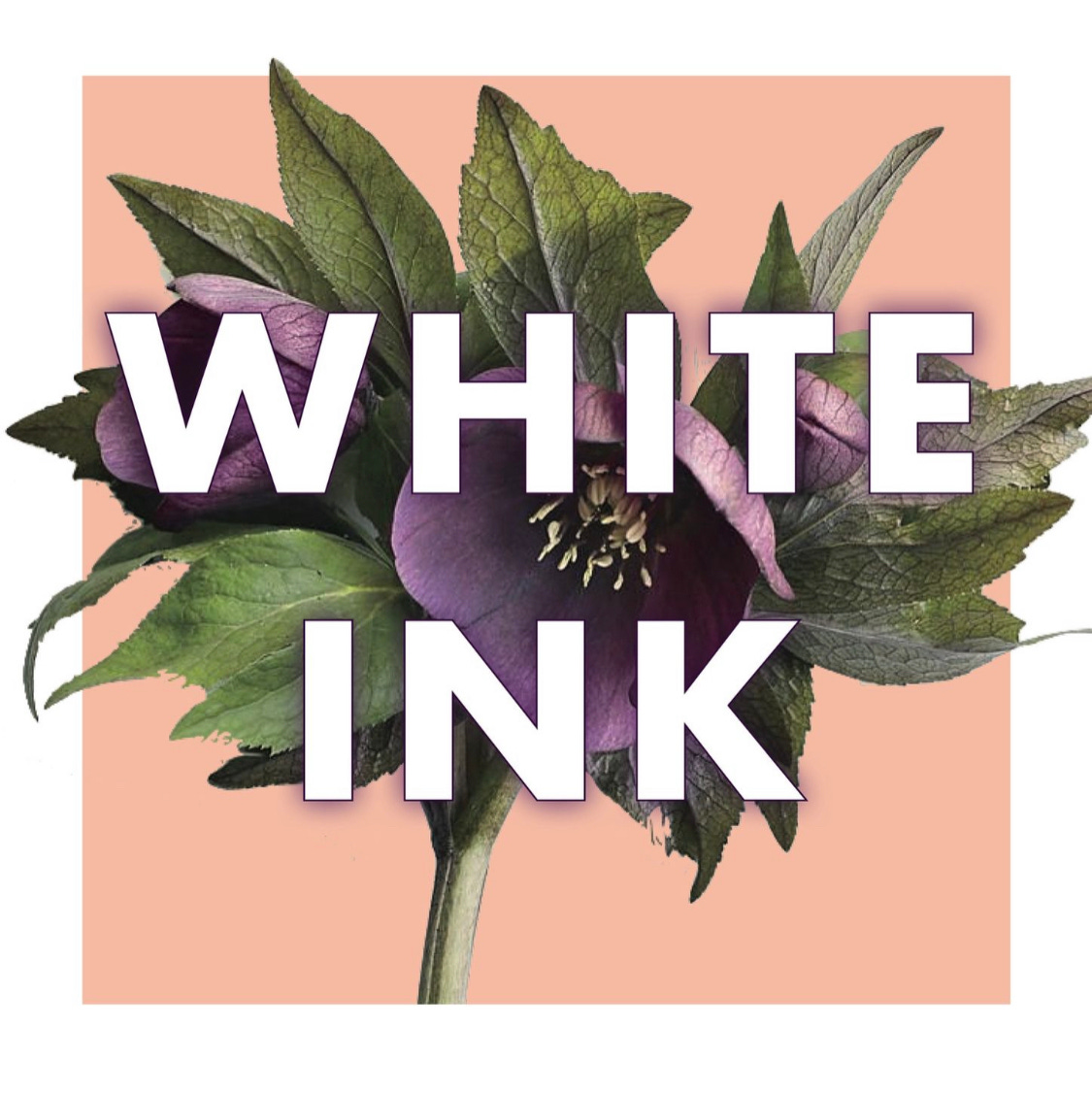Writing is about connection. It is about finding those commonalities through shared experience. So when Lily Dunn and I discovered each other’s work we both thought: ‘now this is a woman I could sit down and chat with for hours over a bottle of wine’. Yet geography – the miles between us – made that impossible. So instead we committed to writing letters to one another, to discuss life, memoir, writing craft and more. And in this series, Memories of the Future: letters of an examined life, we will share those unedited – and often very personal – letters with you, our readers.
Lily published Letter #5 on her Substack on Wednesday, and you can catch up with that here – you may like to read it before reading my response.
We would love you, not only to follow our thoughts, but of course, add your own in the comments if what we are discussing resonates – perhaps your replies will make it into our letters too?
And so to letter #6…
Dear Lily,
Of all the letters that we have shared so far, this one felt like the hardest to answer. Why? What darkness am I afraid of shining a light on? Isn’t that what you are wanting to do by writing about your daughter — shine a light into those places where the darkness has taken over, find a way of reasoning it away even if that means taking a piece of yourself and inserting it into her story to see if that is the missing part of the puzzle? I have a quote for you that I think will give you some comfort, but I shall save it for the end of this letter because first, there are some things that I need to explore.
You asked me if you should write about your daughter, but rather than answer that – because I believe it’s a question only you can answer – I would like to pose a question back to you, how do you think it has shaped your daughter’s life having a mother who is a writer? Must we always burden ourselves with the problem of being the writer and forget that our children are in some way the people they are because of our being writers, and not despite of it?
If you worked full-time in a supermarket and had no interest in writing, or reading, you would probably have a very different daughter. Not better, not worse, just different.
I have had to come to terms with this myself, and to do that I’m going to need to tell you about my own daughter. I must start by saying that the mother I am in no way resembles the mother I hoped I would be to her. I fell pregnant to a man I loved who asked me to have his baby and then when I told him that she was growing inside me, he left. I know it’s going to sound naive, but I didn’t think people said things – those big, important things – that they didn’t mean. In hindsight, I think he just liked the way it sounded when he said it, nothing more complex than that.
So already, pregnancy did not look like I had perhaps imagined it would. I was alone as my womb started to swell, he came to each scan and then left me outside the hospital to get the bus home alone. I was too ashamed to attend NCT classes in the smart north London suburb where I lived, I wouldn’t even leave my flat on weekends because the streets were filled with couples, hand-in-hand, and of course there was no hand in mine, so I just sat inside, on my nest.
He came and went, came and went, in a cloud of apologies and realisations he never really meant and then he left again before the stitches in my heart had healed. It was like he just wanted to sample what it might be like to spend a few days imagining a future with me and his baby, like a gym membership, or one of these seven-day free trials Substack offers people, but he never intended to become a fully paid-up member.
This sampling continued after my daughter was born, and each time he left was more painful than the last. I lived off £130-a-week statutory maternity pay and when that finished I paid over a thousand pound a month to put her into nursery so I could write. He never helped. Even today — eleven years on – he finds reasons to deduct from my already pitiful maintenance each month, or not pay at all. Though I wasn’t writing about him, I was writing about me.
I feel that there is a parrallel universe where another version of me exists being the mother I would have prefered to be, one where I am not broke, not single, where my daughter has stability and does not bear witness to his comings and goings which shook us to the core each time. In that world, I have money to take her on trips and show her the world, I can afford afterschool clubs, and we get invited to other people’s houses, or dinner parties, or barbecues, because I have something to bring along for my friends’ husbands – one of my own. I have more patience in that parallel universe because I don’t have the entire burden of responsibility on my shoulders, and I am not so tired worrying about money and feeling so lonely. And as a result my daughter’s life is richer, and she doesn’t feel so constantly short-changed by the man she calls dad.
We all have regrets as parents. I wish she hadn’t seen the things she had, but then on the other hand it has been her path, as my friends have so often consoled me. Perhaps, if I had given her all the opportunities I would have liked to, she wouldn’t be the person she is now – strong, resilient, emotionally intelligent. She was born to me and him to fathom her way through this life for a reason. A reason perhaps I don’t need to know, and have no way of knowing anyway. As writers, as humans, do we really have to know everything?
Our daughters are who they are because of us and because of our jobs and life experience, because of how we shine a light into the darkness. Life for us it is not a question of whether we write or not, and so therefore it isn’t for them, we have just always been here, writing. There is no point in asking non-writer friends whether you should explore your life in writing or not, they do not feel the same burning necessity to like you do. Our daughters know better than these non-writer friends anyway, because they’ve grown up with it. Just as there is no other way for us to be, there is also no other way for them. It is all they know.
I called my daughter in as I was writing this and I asked her if she understood that I write about my life. She smiled and said that in computer lessons she sometimes google searches the occasions she has appeared in newspapers and it makes her feel famous among her classmates. Do you read what I write? I asked. No, she said, as if the idea was preposterous to her. And what about in a few years, I asked, when you are older, won’t you want some privacy? I couldn’t care less, she sighed, and went back to her room.
It is all she has ever known of me.
I read this the other day from an interview with the American essayist, Jo Ann Beard: ‘If you write personal essays, you’re really not intending to write about yourself. You may use you own personal experience to launch the piece, but truly what you’re trying to do is make some sort of meaning or sense out of something that’s more universal than it is personal. And so when you sit down to write a personal essay, you’re casting around in your mind for the things that are pivotal moments in your life, or events that had a life-changing aspect to them.’
So now when you think about that quote from a reader saying that your honesty makes her more honest, can you see how this is a reciprocal act? You’re not really writing about your daughter, you’re writing to another mother, another carer, another guilt-ridden parent and you’re saying: do you ever have these feelings too?
And that quote I mentioned at the beginning, it is something that Deborah Levy wrote in one of her early novels, although I can’t remember at this moment if it was Swallowing Geography or Beautiful Mutants:
‘She waited for the storm inside her to be over. And when it was, in the parts that were torn, she planted sunflowers.’
In writing about your daughter, could you think of it like that, that you are planting sunflowers in the parts of her that might be temporarily torn? It seems like a nice way for them to mend, don’t you think?
I am, as ever, keen to know your thoughts…
With love, your pen pal,
Anna
If you have enjoyed reading this post and would like to show your appreciation for me having written it, then you can upgrade to become a full White Ink member here. It is a little like tipping, and it is so much appreciated by me, as this is how I make my living and pay my bills. Being a member gives you great benefits too, like access to my archive including more than 25 guest author posts and you can also join my online Write With Me Club and spend an hour each month hanging out with me.







Thank you Anna for your stunning reply, and for opening your heart and showing a bit of the wound. You are right of course that our daughters are our daughters because of all this, and there is nothing frightening about that. It’s that distance again that you spoke of. Standing back and seeing the planes and the horizon.
The part about children being destined to be in our lives as they are (single mum, etc) hit me. I’m not a single mom, but my kids’ childhood is different than I expected because their dad became diagnosed with chronic illness. I found a lot of solace in thinking that they are learning strengths from this time and not that we are “messing them up.”